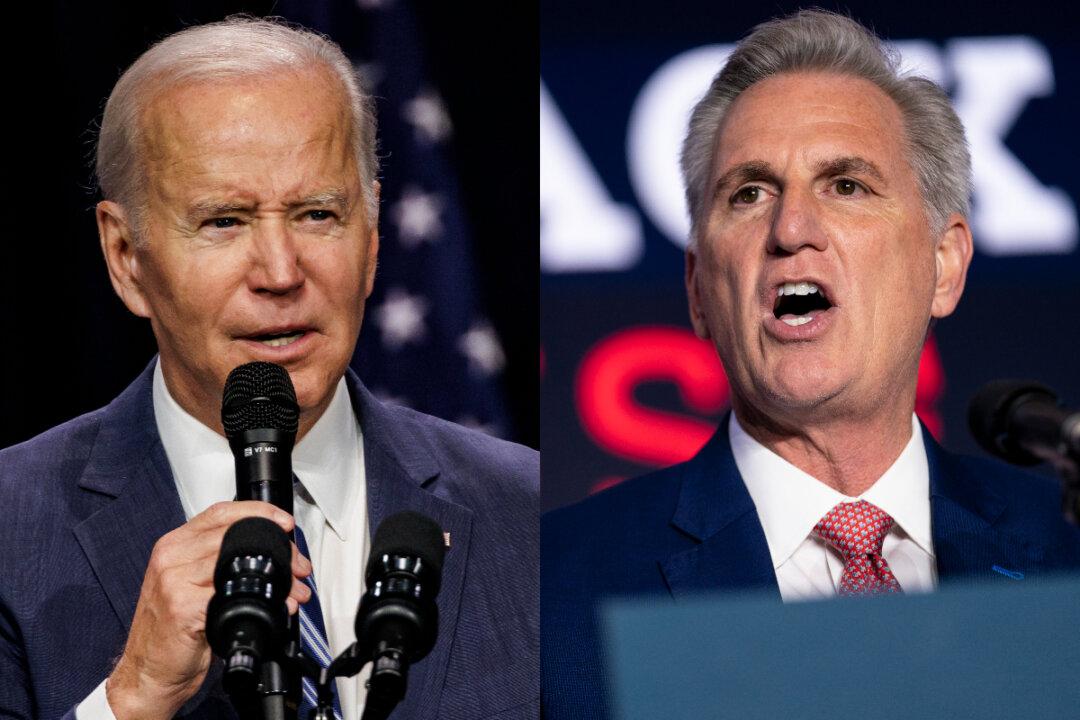News Analysis
A pitched battle matching President Joe Biden and congressional Democrats versus House Republicans led by Speaker Kevin McCarthy that could extend into summer began officially on Jan. 19 as Treasury Secretary Janet Yellen declared the federal government has officially reached its statutory debt ceiling.






